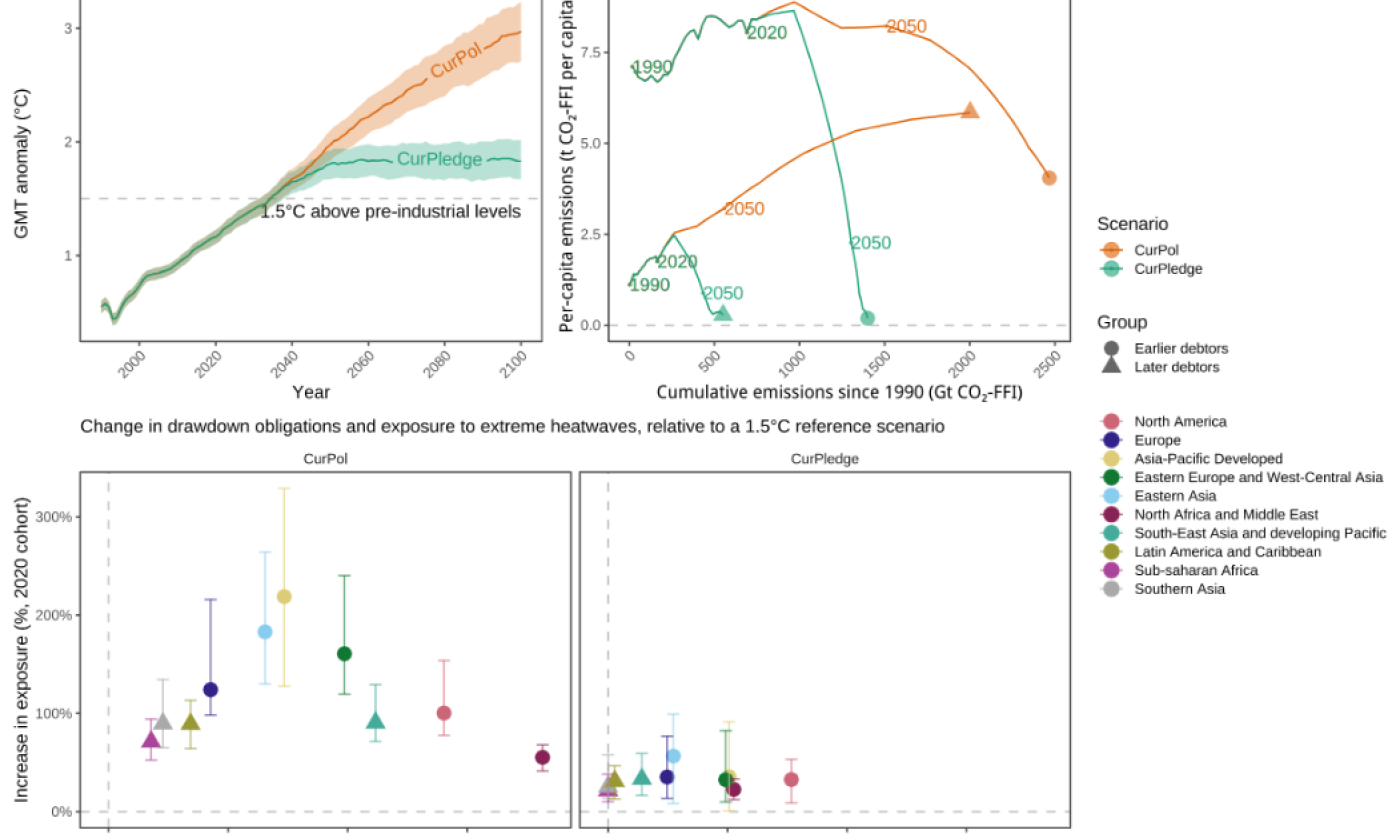
88 strike days on railways until September. The debate flares up again: are strikes becoming excessive? Mobility minister Jean-Luc Crucke wants to have legal action examined. But how far does the right to strike extend? And when is a strike considered abusive? We put it to Professor Kristof Salomez, specialist in labour and strike law at the VUB. ‘The right to strike is fundamental, but not an absolute right. The question is where to draw the line.’
The possible disproportionate nature of the upcoming strike has sparked debate, with Mobility Minister Jean-Luc Crucke among those questioning whether legal action could be taken. But what about the right to strike? It exists, after all. To shed light on the matter, we turn to labour and strike law specialist, Professor Kristof Salomez. Kristof is a part-time lecturer at the Vrije Universiteit Brussel (VUB), where he teaches Social Procedural and Enforcement Law, Special Legal Issues in Personnel Policy, and Workplace Well-being and Labour Regulations. He has published extensively on social law, particularly in the fields of dismissal law and social criminal law. In 2012, he transitioned from a career in law to join the judiciary at the Public Prosecutor’s Office.
Are strikes happening more frequently than usual?
By the end of August, the railway sector alone will have seen a total of 88 strike days. Kristof considers that quite remarkable but questions whether industrial action has increased significantly across the public sector as a whole. "Strikes in the public sector tend to be felt more immediately. If waste collection workers go on strike, rubbish quickly piles up on the streets. But if Coca-Cola employees strike, you wouldn’t notice the impact in public spaces," he recently told VRT NWS.
Are all these strikes disproportionate?
"If you ask a labour lawyer that question, they'll assess whether there is potential misuse of the right to strike," Kristof explains. The concept of 'abuse of rights' applies to all legal rights and is a contentious issue because it allows a judge to rule on how and why a person exercises their rights. In this case, we’re talking about a fundamental right. However, the right to strike is not absolute and can be restricted in several ways." The first form of restriction is through legal limitations—although these are minimal. For instance, SNCB (the Belgian national railway) and De Lijn (the public transport operator) are already subject to certain strike regulations. Trade unions must file a strike notice at least eight working days in advance, and employees wishing to participate must inform their employer 72 hours beforehand. This allows SNCB and De Lijn to organise a minimum level of service, meaning that, unlike in other sectors, transport workers cannot walk out on strike overnight.
The second restriction concerns what is permitted during a strike. Picketing is allowed, provided it remains peaceful. However, court rulings generally consider blockades to be unlawful. The third restriction relates to the prohibition of strike abuse—a concept open to interpretation. How far is too far? That, ultimately, remains a question for the courts.

Kristof Salomez
"In general, you only tend to hear the loudest voices—the most passionate opponents and supporters"
Can employers easily take legal action?
"A key aspect of the Belgian system is that disputes over what is and isn’t allowed during collective actions are typically settled through an expedited legal procedure, often initiated at the employer’s request," Kristof explains.In a standard legal case, an employer might claim damages, but that’s particularly challenging when it comes to strikes. That’s because the right to strike belongs to individual workers, not the trade unions themselves. In other words, unions don’t go on strike—individual employees do.
This raises a legal dilemma: who should be held liable? The parties responsible are unknown, as it’s nearly impossible to identify all participants, and unions themselves lack legal personality. Moreover, the reasons why individual workers decide to strike don’t necessarily align with the union’s official stance. For instance, on 31 March, trade unions ACV and ABVV are calling for a national demonstration. Their motives are clear, but if you or I decide to join, we might each have our own personal reasons for doing so."
Can the minister simply revise the right to strike?
"Interestingly, there is no Belgian law that explicitly defines the right to strike," says Kristof. That right has been interpreted by the Court of Cassation based on a 1948 law concerning minimum services in peacetime. The court inferred from this law that collective action—including strikes—must be permitted.
Additionally, Belgium has ratified several international treaties, such as the European Social Charter, which explicitly guarantees the right to collective action, including the right to strike. So, any government reforms will have to respect these legal frameworks."
One last question: is there public support for the strikes?
"Personally, I find it difficult to assess whether there is enough public backing for a movement that causes significant disruption," Kristof admits. Strikes inconvenience people, and they don’t like that. As a result, you’ll always find plenty of opponents. Public debate tends to be dominated by the loudest voices—those strongly for or against—which skews perceptions of actual support.
But in the end, if a strike didn’t affect anyone, you could question whether it serves any purpose. Strikes are a means of exerting pressure—if they don’t impact employers, they fail to achieve their goal."
Are the motives behind the national strike justified?
"Significant efforts are being demanded, and in principle, the idea of putting public finances in order is commendable," says Kristof. Just the interest payments alone are rising to €18 billion. Out of a total budget of around €320 billion, that’s an enormous sum that has to be found every year—without any real benefit, since it’s simply interest on debt.
But when you then see €6 billion being cut from social benefits, while only €500 million is being raised from large fortunes, the logic of fair burden-sharing seems to be missing. Yes, the government is also aiming to recover €1 billion through fraud prevention, but let’s be honest—that’s simply about ensuring that people pay what they should have paid in the first place. And when we talk about the need to restore public finances, we also have to consider the fact that we’re now fully embracing a wartime rhetoric, committing billions every year to defence spending.
Is that really what we want? And more importantly—is there public support for it?"
"This is a machine translation. We apologise for any inaccuracies."
Kom jij studeren aan de Vrije Universiteit Brussel?
Maak je keuze uit meer dan 100 bachelor- en masteropleidingen, krijg les van wetenschappers en professoren en bouw aan je identiteit en je toekomst. Wij dagen je uit, leren je kritisch nadenken en geven je een vliegende start in je vakdomein.

